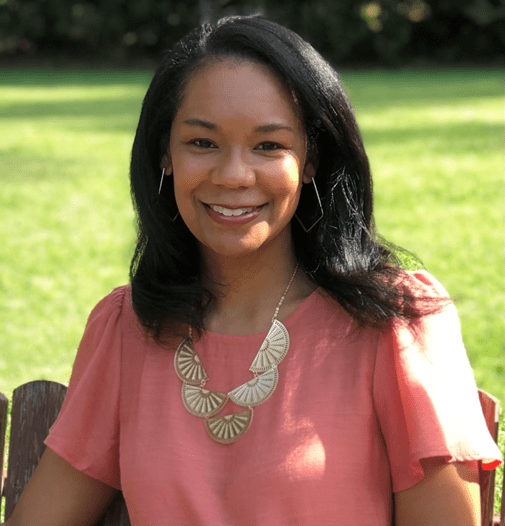November marks the beginning of the holiday season and the chance to celebrate Native American Heritage Month. The Month honors the diverse cultures, traditional wisdom, and immense contributions of Native American, Alaska Native, Native Hawaiian, and affiliated Island communities. The history of Indigenous cultures in the United States is deeply complex, marked by incredible resilience in the face of profound adversity.
I watched a fascinating documentary about the Cahokia Mounds in Illinois, which was a powerful reminder of the sophisticated societies that thrived on the North American continent long before European colonization. These experiences highlight the rich and unique history of each Indigenous community and the importance of learning their stories.
Celebrating culture, honoring history
As we celebrate Native American culture today, it is important to acknowledge history. Despite their diverse cultural legacies, Indigenous communities share a common history of resilience in the face of adversity.
Dr. Maria Yellow Horse Braveheart, a professor of psychiatry, was a pioneer in defining trauma in the context of the history of Native American communities. In 1988, she described this as the deep, cumulative emotional and psychological wounding that occurs across generations as a result of massive group trauma. Dr. Braveheart theorized that this unresolved collective grief manifests as the historical trauma response, which can lead to depression, anger, suicidal ideation, and other mental health conditions.
Resources:
- Healing Historical Trauma from the Hopkins Bloomberg Public Health Magazine examines ways that Native American researchers are turning long-held traditions into novel public health solutions.
- A 2022 National Survey on LGBTQ Youth Mental Health by the Trevor Project found that the highest rates of suicide ideation and suicide attempts were in the Native American/Indigenous LGBTQ+ population.
How Indigenous beliefs and culture support mental health
Despite historic and ongoing adversity, it is critical to recognize that many Indigenous communities have a worldview that naturally supports mental health and well-being. An article from Via Linda Behavioral Hospital explores ways of Understanding Native American Mental Health. A 2017 American Psychiatric Association report on mental health disparities among American Indians (AI) and Alaska Natives (AN) highlights key strengths and protective factors for members of Indigenous American communities.
These strengths include:
- A strong identification with culture
- Family
- Enduring spirit
- Connection with the past
- Traditional health practices (e.g., ceremonies)
- Adaptability
- Wisdom of elders
The report also outlines several key protective factors against suicide attempts among AI/AN youth, including:
- Discussion of problems with family or friends
- Connectedness to family
- Emotional health
The Takeaway
We can all support Indigenous communities by listening to their voices, educating ourselves about their histories and cultures, and supporting organizations that provide culturally sensitive mental health services. In doing so, we help to build a more fair and welcoming society that honors, respects, and learns from the cultural strengths and enduring legacy of Indigenous peoples. By seeking to learn more about and incorporate Indigenous perspectives and holistic worldviews into our own lives, we can also strengthen protective factors for all young people to improve their mental health and well-being.
Additional Resources
- Recognizing the Signs Your Young Person Needs Support in Stressful Times
- Supporting Your Teen Experiencing Mental Health Challenges
- Support Young Women to Stay Safe, Get Help, and Find Well-Being
- If Self-Harm is Possible, Be Proactive
- A Guide for Parents: Helping your teen balance academics and mental health
- A Guide for Parents & College Students: Navigating College Campus Support Systems
- Stress-Relieving Exercise: Give yourself a few minutes of calm by following your breath
- Parents Under Pressure: The U.S. Surgeon General Advisory on the Mental Health and Well-Being of Parents
